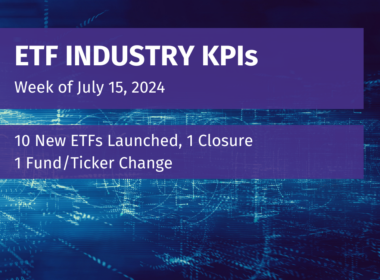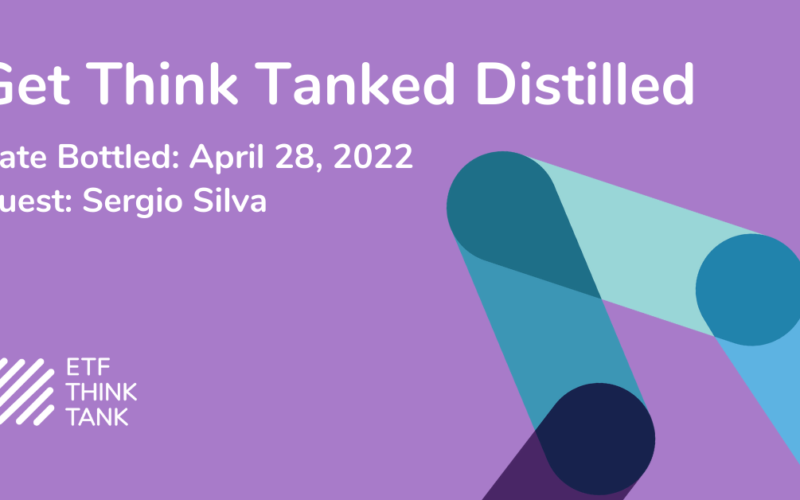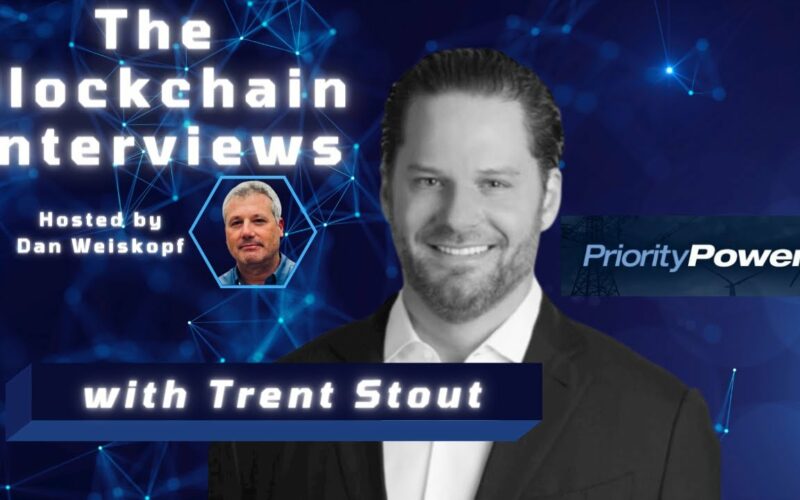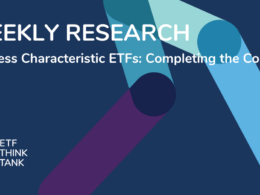There was no shortage of colorful one-liners by Warren Buffett and Charlie Munger at the Berkshire Hathaway 2022 Shareholder Meeting on April 30. The legendary investors have a long history of speaking their mind, and sticking to their investment process, and over the weekend, they delivered exactly that to the 30,000-plus shareholders who flocked to Omaha.
In broad terms, they shared praise for the Federal Reserve, in both its standing as a bank of last resort as well as in recent actions to tackle inflation, but were big critics of the market, comparing it to a “casino parlor” where companies are merely “poker chips” in market action that has become some sort of “mania of speculation.”
“We have people who know nothing about stocks being advised by stockbrokers who know even less,” Munger said, while Buffett added, “If you bought Berkshire Hathaway in ’65, you made money, but your broker probably starved to death. Wall Street doesn’t make money unless people are doing things.”
Ironically, you could argue the Fed has been a big player at the poker table, but the bigger point they make here is that when the going gets tough, fundamentals matter.

As a first-timer to this event, please allow me to share three main takeaways from what was an all-encompassing conversation about the state of all things.
- Fundamentals-driven investors really are intrepid.
Markets are in the red. Bonds are shelling the worst performance in more than two decades. Correlations have gone haywire, and everything seems to be moving lower together. Inflation, rates, tech, China, Russia, etc., etc. – financial market news these days only comes in one flavor: bad.
But in Omaha, everyone was chill.
It was truly astounding. Five hours of challenging shareholder questions on Saturday (April 30) tackling everything from macro issues to micro (to even career advice), and Buffett and Munger didn’t skip a beat. With thoughtful commentary and plenty of humor, they delivered their message clearly:
- Stick to fundamentals.
- Focus on a long-term time horizon.
- Keep it simple.
You couldn’t help but think about the difference of focusing on market price vs. intrinsic value; about the danger of giving in to the appeal of market timers and complexity peddlers vs. investing in what you know; about the importance of staying the course, steadfast, in the face of so much noise.
Maybe it’s their combined 190 years of age (which they are quick to joke about) that affords them a perspective we may lack when the going gets tough, but it certainly was a strong statement about the calming power of fundamentals.
Imagine for a moment that Berkshire Hathaway shareholders were welcomed into the stadium early in the morning with a parody song of Jay Z and Alicia Keys’ Empire State of Mind, where this clever line replaced original lyrics: “Financial statements are what dreams are made of.”
Spend a day with this crowd, and you, too, quickly understand that in the world of fundamental investing, this isn’t just talk. It’s a lifestyle.
Berkshire Hathaway may currently be in a “lethargic” phase when it comes to making new deals, as Buffett put it, but that’s no statement about markets. Quite the contrary. The company just did some $40 billion worth of stock buying in the first quarter – the most they’ve done in years—because fundamentally-sound opportunities were there. Are they concerned about things like inflation and the threat of nuclear war? Absolutely. But that’s when process and fundamentals are especially powerful.
“We don’t have the faintest idea what the stock market will do when it opens on Monday,” Buffett said. “We’ve never made a decision based on what the market or the economy is going to do.” He added that any investment decision should first ask: if the market were to shut down the very next day for 5 or 10 years, would you be sleeping well at night? Answer that, and you know what to do.
Berkshire Hathaway stock (BRK/A and BRK/B) is up around 14% in the past year vs. the S&P 500 being down 1%. It has also outpaced the broad index since the pandemic low of 2020, and over a five-year time frame. Fundamental investing has worked for them.
- Investing is a team sport.
If buying a stock is a rational decision, staying in that investment may very well be an emotional one.
According to reports of previous events, the BRK 2022 Shareholder Meeting was only about half its usual size due to the pandemic, and yet some 30,000 people flocked to Omaha. From cities and countries around the world, the attendance was diverse and multi-generational. There were college students there. There were elderly folks. Some investors were there with their families.
This was a community with a clear sense of shared cause, of “we-are-in-this-together.” Buffett himself spoke of the power of the network for everything from business generation to investment ideas to connection.
Is community a key element in the process of investing itself? Does sharing a sense of belonging increase our willingness to invest and the stickiness of assets?
Berkshire Hathaway has a lot of very long-term investors. To assign some level of religious-like fervor to the company’s following isn’t entirely hyperbolic. And in a culture of influencers, maybe it’s not even surprising – we find similar commitment to brands like Apple, or to assets like crypto or gold.
Perhaps belonging to an investment community makes it easier to ride out the tough times. No one wants to miss the boat in the same way no one wants to be the only one to sink. Buffett and Munger have done an outstanding job – deliberately or not – of fostering a strong sense of community. How?
- They offer transparency: They share what they know with every shareholder at the same time when the market is closed once a year. No one gets an advantage. They don’t talk to analysts – they talk to shareholders.
- They openly commit to stewardship: They vow to never do stock splits (“they don’t add any value to shareholders”) but to do stock repurchases (buybacks) when it makes sense. They also always have enough cash at hand to weather different storms.
- They remain humble and grateful: Buffett and Munger are quick to tell you what they don’t know, and to prescribe their success to simplicity, compounding (time) and a little bit of luck. They also show gratitude for their success and opportunities, and for their network of shareholders and friends.
They make it abundantly clear that, to them, this is about the collective. And that leads to trust, which leads to loyalty. It’s a powerful community of investors.
- Does crypto really face a generational stumbling block?
To Buffett and Munger, bitcoin remains a no-go. The outspoken proponents of “real assets” or “productive assets” such as farmland, oil, and the U.S. dollar, did not hesitate to shoot down any conversation about the virtues of crypto assets, which are neither real nor productive in their view.
“If someone in this room owned all of the farmland in the U.S. and offered me 1% interest for, say, $25 billion, I’d write the check right now,” Buffett said. “But if someone owned all of the bitcoin and offered me 1% for $25, I wouldn’t take it. What am I going to do with it? I’d have to sell it right back to you.”
Munger was even stronger: “In my life I try to avoid things that are stupid, evil and make me look bad in comparison to others. Bitcoin does all 3.
“Stupid because it may go to zero. Evil because it undermines the Fed system. And makes me look foolish compared to communist China (where leaders banned it),” he said.
Could this be a generational issue?
Not too long ago I, myself, when questioning crypto’s simple access storyline was served the line that “it may be generational.” The suggestion was, obviously, that I may be too old to get it.
The younger generation may very well argue that this is where 190 years of combined experience fail you – these guys may be too old to appreciate the disruptive force of crypto.
But could this aversion to crypto and bitcoin be simply about fundamentals?
You could argue that crypto is a trend trade (for now) without a strong fundamental story behind it. Buffett and Munger only have eyes for fundamentals. After all, they didn’t bite on junk bonds during the 1980s or on dot-coms during the 90s when these were the hot trades of the day – and went on to outperform markets.
Their investment process focused on fundamentals hasn’t failed them yet. And they aren’t willing to risk it on crypto. Not yet, anyway.
Disclosure
All investments involve risk, including possible loss of principal.
This material is provided for informational purposes only and should not be considered an individualized recommendation or personalized investment advice. The investment strategies mentioned may not be suitable for everyone. Each investor needs to review an investment strategy for his or her own particular situation before making any investment decision.
All expressions of opinion are subject to change without notice in reaction to shifting market conditions. Data contained herein from third party providers is obtained from what are considered reliable sources. However, its accuracy, completeness or reliability cannot be guaranteed.
Examples provided are for illustrative purposes only and not intended to be reflective of results you can expect to achieve.
The value of investments and the income from them can go down as well as up and investors may not get back the amounts originally invested, and can be affected by changes in interest rates, in exchange rates, general market conditions, political, social and economic developments and other variable factors. Investment involves risks including but not limited to, possible delays in payments and loss of income or capital. Neither Toroso nor any of its affiliates guarantees any rate of return or the return of capital invested. This commentary material is available for informational purposes only and nothing herein constitutes an offer to sell or a solicitation of an offer to buy any security and nothing herein should be construed as such. All investment strategies and investments involve risk of loss, including the possible loss of all amounts invested, and nothing herein should be construed as a guarantee of any specific outcome or profit. While we have gathered the information presented herein from sources that we believe to be reliable, we cannot guarantee the accuracy or completeness of the information presented and the information presented should not be relied upon as such. Any opinions expressed herein are our opinions and are current only as of the date of distribution, and are subject to change without notice. We disclaim any obligation to provide revised opinions in the event of changed circumstances.
The information in this material is confidential and proprietary and may not be used other than by the intended user. Neither Toroso or its affiliates or any of their officers or employees of Toroso accepts any liability whatsoever for any loss arising from any use of this material or its contents. This material may not be reproduced, distributed or published without prior written permission from Toroso. Distribution of this material may be restricted in certain jurisdictions. Any persons coming into possession of this material should seek advice for details of and observe such restrictions (if any).











